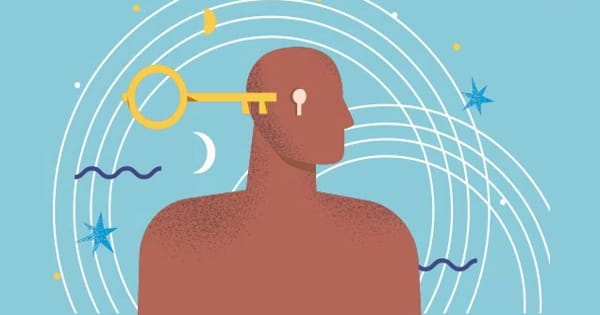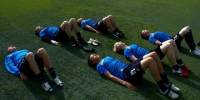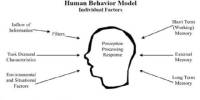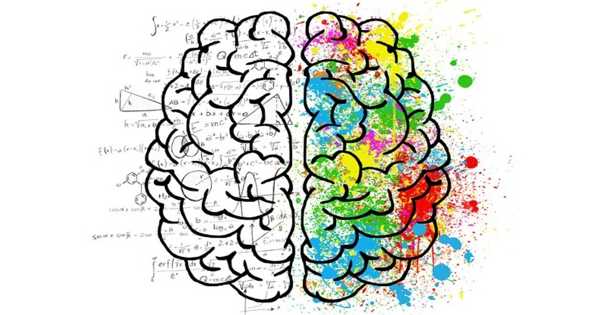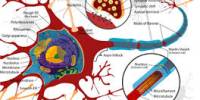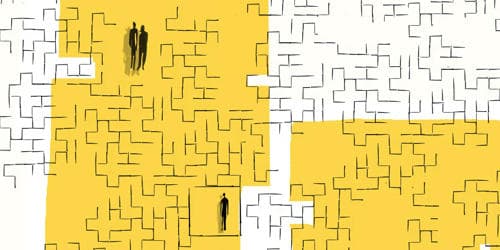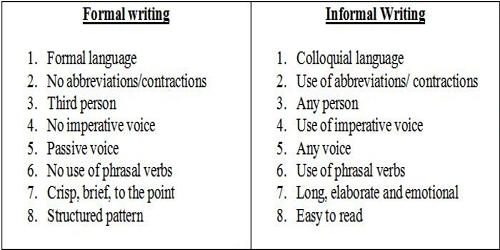When new mothers complain that all those sleepless nights caring for their newborns are robbing them of years, they may be correct. The ‘biological age’ of mothers who slept less than seven hours a night at the six-month mark was three to seven years older than those who slept seven hours or more, according to the researchers.
Scientists studied 33 mothers during their pregnancies and the first year of their children’s lives, analyzing DNA from blood samples to determine the women’s “biological age,” which can differ from chronological age. They discovered that a year after giving birth, mothers who slept less than seven hours per night at the six-month mark were three to seven years older than those who slept seven hours or more.
Mothers who slept for less than seven hours had shorter telomeres in their white blood cells as well. Like the plastic tips on the ends of shoelaces, these small pieces of DNA at the ends of chromosomes act as protective caps. Telomere shortening has been linked to an increased risk of cancer, cardiovascular disease, and other diseases, as well as earlier death.
When new mothers complain that all those sleepless nights caring for their newborns are taking years off their life, they just might be right, UCLA research published this summer in the journal Sleep Health suggests.
“The early months of postpartum sleep deprivation could have a lasting effect on physical health,” said Judith Carroll, the study’s first author and the George F. Solomon Professor of Psychobiology at UCLA. “A large body of research indicates that sleeping less than seven hours per night is harmful to health and increases the risk of age-related diseases.”
While participants’ nightly sleep duration ranged from five to nine hours, more than half slept for less than seven hours six months and one year after giving birth, according to the researchers.
“We discovered that for every hour of additional sleep, the mother’s biological age was younger,” said Carroll, a member of UCLA’s Jane and Terry Semel Institute for Neuroscience and Human Behavior’s Cousins Center for Psychoneuroimmunology. “Like many other sleep scientists, I believe that sleep health is as important to overall health as diet and exercise.”
Carroll advised new mothers to take advantage of opportunities to get a little extra sleep, such as napping during the day while their baby is sleeping, accepting offers of help from family and friends, and, if possible, asking their partner to help with the baby at night or early in the morning. “Taking care of your sleep needs will benefit both you and your baby in the long run,” she explained.
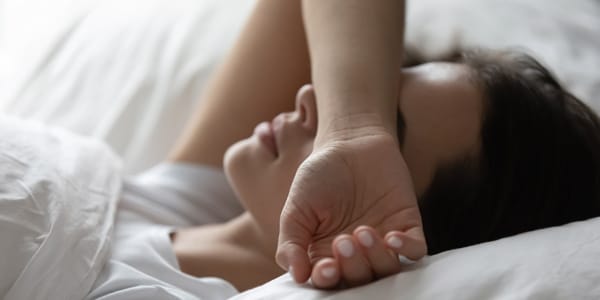
According to co-author Christine Dunkel Schetter, a distinguished professor of psychology and psychiatry at UCLA, the study’s findings “and other findings on maternal postpartum mental health provide an impetus for better-supporting mothers of young infants so that they can get enough sleep – possibly through parental leave so that both parents can bear some of the burdens of care, and through programs for rescheduling.”
Dunkel Schetter went on to say that, while accelerated biological aging linked to sleep loss may increase women’s health risks, it does not necessarily harm their bodies. “We don’t want the message to be that mothers are permanently harmed by infant care and sleep deprivation,” she stressed. “We don’t know how long these effects will last.”
‘This aisle is closed’: Using epigenetics to determine biological age
Dunkel Schetter explained that the study used the most recent scientific methods for analyzing changes in DNA to assess biological aging, also known as epigenetic aging. DNA encodes the code for making proteins, which perform a variety of functions in our bodies cells, and epigenetics examines whether regions of this code are “open” or “closed.”
“Think of DNA as a grocery store with a lot of basic ingredients to build a meal,” Carroll said. If there is a spill in one aisle, it may be closed, and you may be unable to obtain an item from that aisle, preventing you from completing a recipe. When access to the DNA code is ‘closed,’ the genes that code for specific proteins are unable to be expressed and are thus turned off.”
Because specific sites within DNA are turned on or off with aging, the process acts as a kind of clock, allowing scientists to estimate individuals’ biological ages, according to Carroll. The greater a person’s biological, or epigenetic, age, the greater their risk of disease and death.
The study’s cohort, which included women aged 23 to 45 six months after giving birth, was not a large representative sample of women, according to the authors, and more research is needed to better understand the long-term impact of sleep loss on new mothers, what other factors may contribute to sleep loss, and whether the biological aging effects are permanent or reversible.
Carroll and Dunkel Schetter reported last year that a mother’s stress prior to giving birth may accelerate her child’s biological aging, which Dunkel Schetter described as “intergenerational transfer of health risk.”
Researchers from UCLA’s departments of psychology, psychiatry, and biobehavioral sciences, and human genetics and biostatistics, as well as the University of Colorado at Colorado Springs’ psychology department, were among those who contributed to the new study. The study was supported by the National Institutes of Health’s Eunice Kennedy Shriver National Institute of Child Health and Human Development and the National Institute of Aging.
